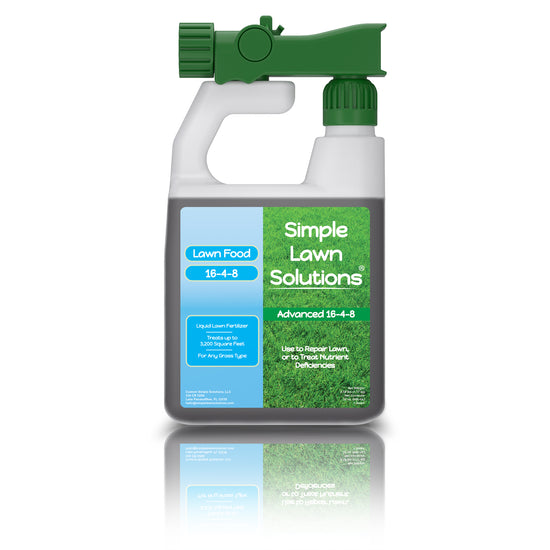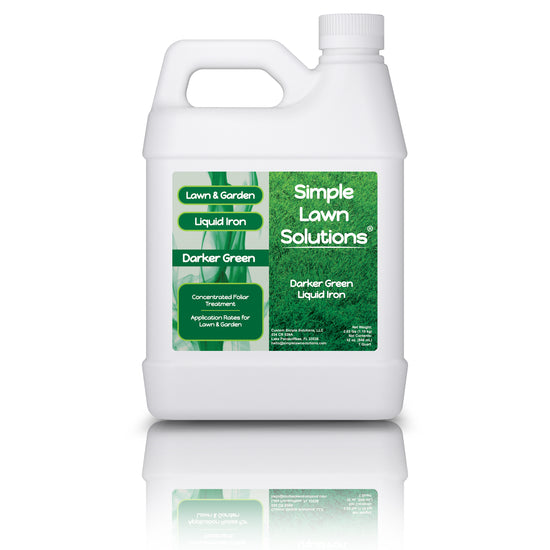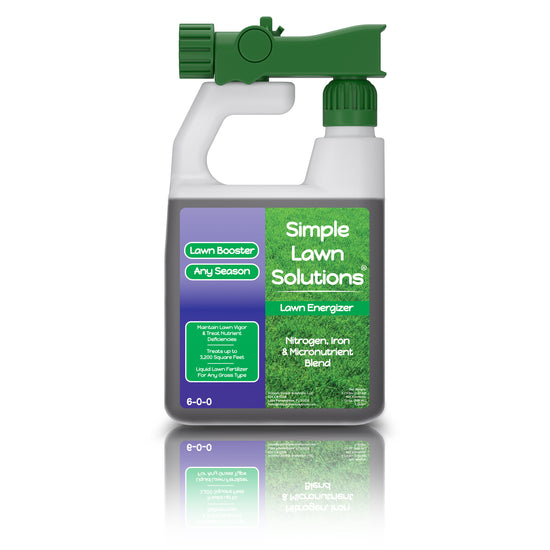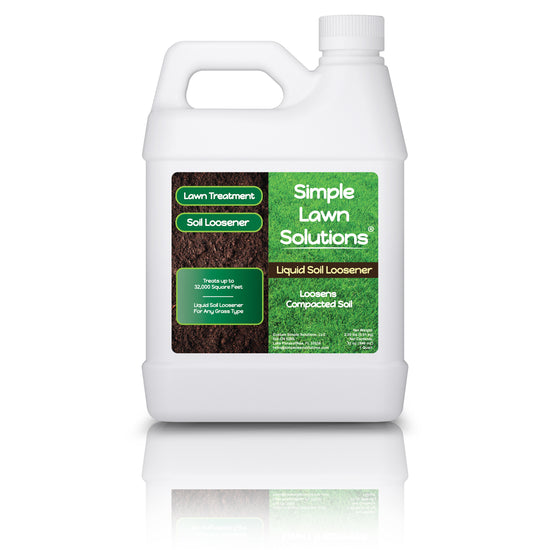Whether you’ve been caring for your lawn for a while, or you’re new to lawn care and are just starting to read up on it, you’ve probably heard of the three major macronutrients: nitrogen, phosphorus, and potassium. What you might not know is that there are also micronutrients for lawn care. Below we share some of the most important micronutrients for lawn care you should look out for when considering different lawn solutions.
Lawn Micronutrients
-
Boron
Many people don’t realize how important boron is for your plants, but you’ll certainly notice a difference if it is not present. Boron helps to regulate the metabolism of carbohydrates and sugars in plants. It aids in new plant growth by helping your lawn absorb nutrients and grow new tissue. Boron also assists in pollination and fertilization. While all of this is important for your lawn’s growth, it’s essential to note that even small amounts of boron can be toxic, so your yard doesn’t need a lot to thrive. When looking at different lawn solutions for your yard, it’s helpful for boron to be present so you can be sure you’re not giving your lawn more than is necessary.

-
Copper
Copper is another important micronutrient to look for when considering lawn solutions. Copper is involved in the electron transport chain of photosynthesis, and it also helps to fortify cell wall strength. It’s crucial to the process of activating enzymes within the plant. You’ll most likely find copper-deficient soil in sandy soils or soils with high pH levels.
-
Iron
Iron is a micronutrient essential for the formation of chlorophyll — it helps to carry out cellular functions. The number one thing you’ll notice when including iron in your lawn solutions is the increased green of your lawn. If your soil is compacted has a high pH or is not properly aerated, there is a high likelihood of iron deficiency.
-
Chlorine (Chloride)
Chloride is a micronutrient that aids your lawn in numerous ways. Chloride helps with gas exchange, as well as root development. It is also a crucial micronutrient needed for photosynthesis. Chloride helps to protect your lawn against disease, but it’s important to be careful with application because too much chloride will cause toxicity in plants. Chloride deficiency is extremely rare.
-
Manganese
Manganese is a powerful micronutrient. It helps with nitrogen metabolism and assists in chlorophyll formation. Manganese also breaks down carbohydrates and activates enzymes during the growth process. If your lawn has too much manganese, you will likely see brown spots on leaf tissue; if there is too little manganese, you could see grey or tan spots in your lawn. Manganese is relatively immobile once deposited in leaves so deficiency affects younger leaves more so than older leaves.
-
Molybdenum
Plants need molybdenum to utilize one of their necessary macronutrients: nitrogen. Plants cannot transform nitrate to ammonium without molybdenum. If your lawn doesn’t have enough molybdenum, your grass can become twisted and you might notice scorching.
-
Zinc
Zinc is crucial for root and plant growth. It helps to regulate metabolic activity and consumption of sugars. Zinc is also another micronutrient that is important to the production of chlorophyll.
Now that you know some of the most important micronutrients for lawn care, take a look at the lawn solutions you’ve been using and see if they focus on micronutrients as well as macronutrients. Unsure or not seeing what you want? Visit our store and shop lawn solutions that will address all your micro and macronutrient needs!









